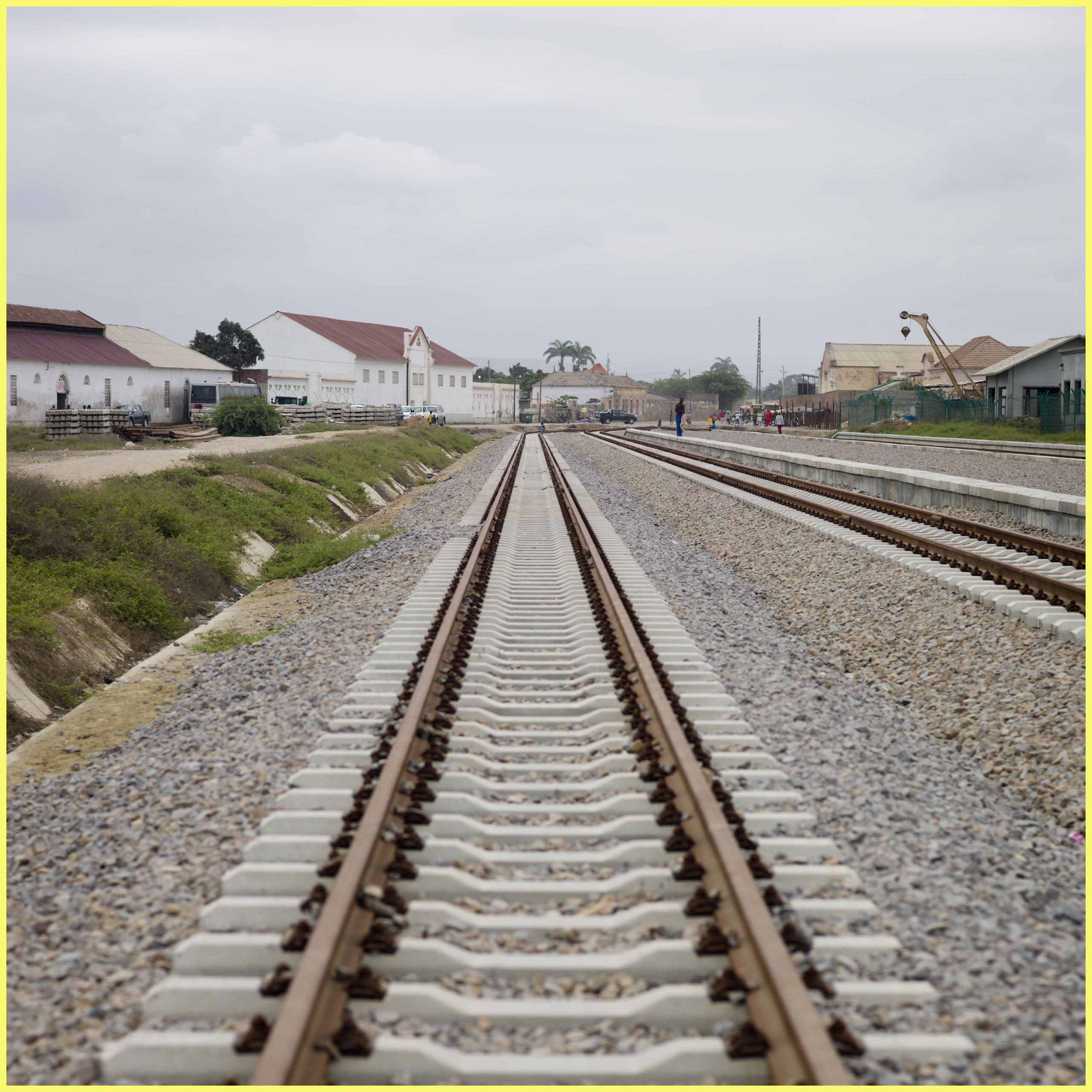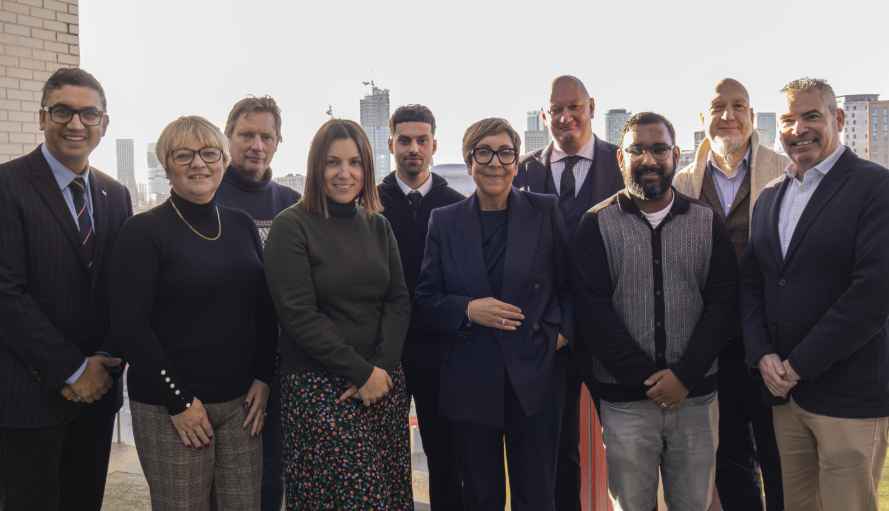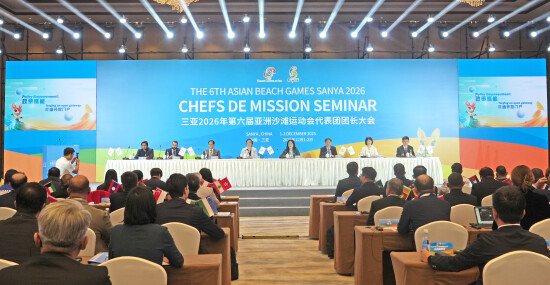What do reliable railways, green energy, access to electricity, cellular connectivity and expanded Wi-Fi coverage have in common?
The United States and its G7 partners — Canada, France, Germany, Italy, Japan, the European Union and the United Kingdom — are bringing all of these infrastructure improvements to countries around the world. The G7 launched the Partnership for Global Infrastructure and Investment (PGI) to help small towns and large regions build up-to-date infrastructure, while caring for the environment and the citizens who will be involved.
To do this, the G7 plans to mobilize $600 billion in investments by 2027 and has already started projects around the globe. The United States and its G7 partners — Canada, France, Germany, Italy, Japan, the European Union and the United Kingdom — want people everywhere to thrive.
That means helping friends in emerging markets develop what they need to participate in the global economy, things like reliable railways to take farmers’ crops to market, ready electricity in all homes, good ports to serve shipping industries and Wi-Fi to aid entrepreneurs’ sales, among other things. The G7 launched the Partnership for Global Infrastructure and Investment (PGI) to help small towns and large regions to build up-to-date infrastructure, while caring for the environment and the citizens who will be involved.
Since PGI was launched, the U.S. has mobilized over $60 billion — in grants, loans and investments by the U.S. government, its investment agencies and the private sector — to spur infrastructure projects. What’s more, the U.S. is committed to mobilizing $200 billion by 2027 and is working with the G7 to bring the total capital for such projects to $600 billion.
“Together, we’ve initiated quality and sustainable infrastructure projects across Africa, Asia, and the Americas,” President Biden said at a G7 event. The efforts strengthen nations’ “shared climate security, health security, and food security, and economic security.”
One place you can see PGI in action: southern Africa’s Lobito Corridor, a three-country region anchored by rail connections.
“People who live along that corridor can participate not only in commerce but in other activities that really benefit the economic development of themselves and their countries,” State Department Acting Special Coordinator for PGI Helaina Matza said.











